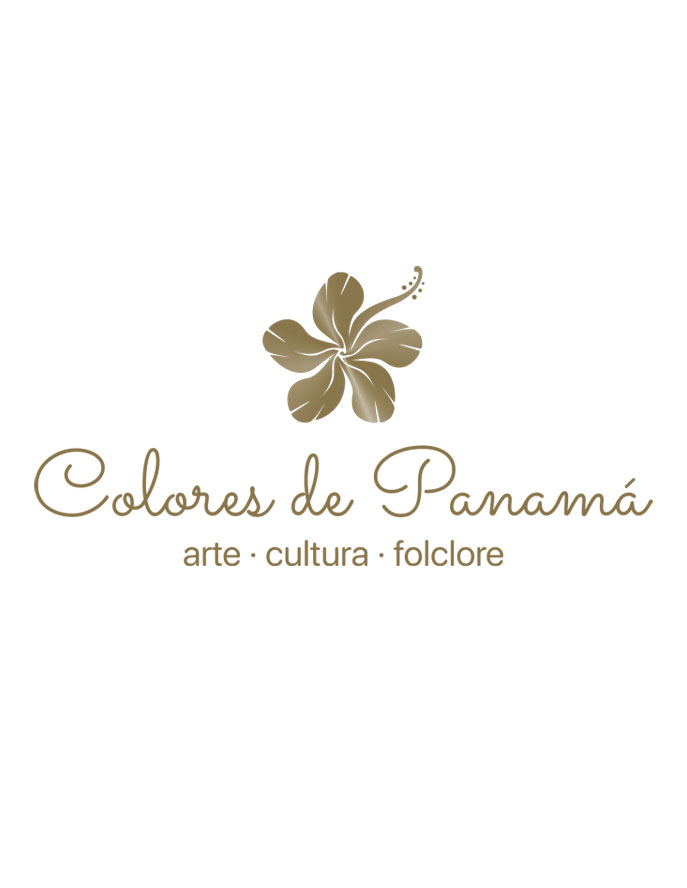The Māori Rose / La Rosa Maorí(Panama-New Zealand version of “The Wind Rose” / Versión Panamá-Nueva Zelanda de “La Rosa de los Vientos”)Between February and March of 2017 I had the rare privilege of going halfway across the world with my guitar and a handful of songs to Aotearoa / New Zealand, “the land of the long white cloud,” as it’s called in the beautiful language of the Māori people. This opportunity was made possible by my good friend Leonel Alvarado, poet and university teacher, who managed to weave an invitation from Massey University and the city of Palmerston North to give a few concerts and talks in high schools around the North Island with the idea of bringing the sensibility of art into the teaching of Spanish in those distant latitudes.From that journey, two children were born, literally nine months later, in the form of two video clips recorded halfway between New Zealand and Panama, bringing together through music two oceans and two seas, the Caribbean and the Tasman, as it has probably never been done before. Capturing moments and trying to perpetuate them as small audio-visual pieces was only possible through the work and involvement of many good, talented and noble people. It wouldn’t have been possible, particularly financially, any other way. Please have a look at the Credits –we’re definitely riding on the tail of an Antipodean fraternal tide.The second song is this “Māori Rose” –a Panama-New Zealand version of “The Wind Rose.” As it happened with “The South That I Am,” this new Rose arrived in New Zealand after a Protools session put together by Luis Thomas, keyboardist and musical director of the band Tuira, based on the original version included in my first album Herencia (1977). I thought about bringing together this old song with a Māori kapa haka, but could not imagine how or who would be able to make it possible. This dream began to take shape in the city of Palmerston North, where Massey University has its main campus, the main settlement of the Manawatū (“where the heart stands still,” in the beautiful Te Reo language) and home to the noble and proud Rangitāne people of Aotearoa. And so it was that with the extraordinary Rangitāne artist Warren Warbrick and the kapa haka group Te Tū Mataora, directed by Tina Blake-Ponga, all of this came together at The Stomach / Creative Sounds Society Inc. The second half of this magical mix —the same story goes for “The South That I Am,” its sister song— had to wait a few months to become a reality on the other side of the world, in the Panamanian and Caribbean Portobelo, thanks to our dear friend Sandra Eleta and to the ancestral talent of the Congo people that inhabits that port.For these and many more reasons, we are happy to share with you all this new Māori Rose, which now sounds more universal, while remaining Panamanian…Rómulo CastroPanama, November 2017

